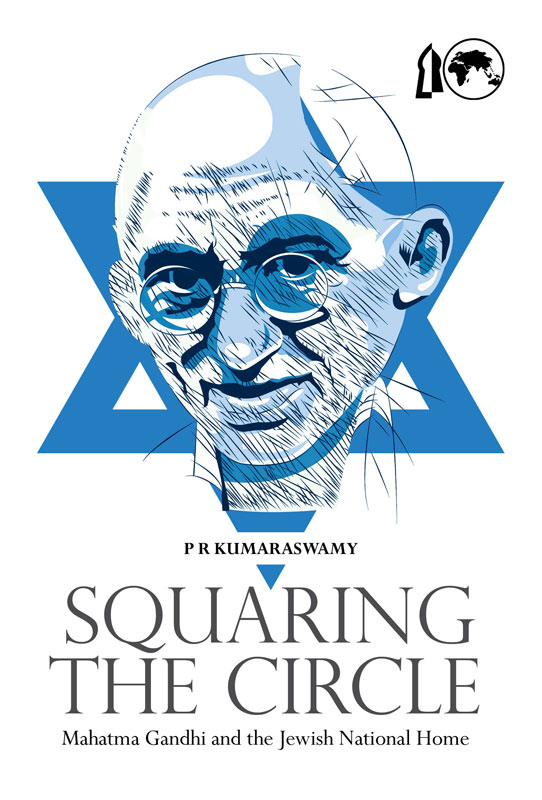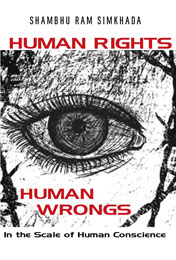Subjects
Recent View(s)
- Breaking Out of the Gree House: Indian Leadership in Times of Environmental Change
- The Dilemma of Popular Sovereignty in the Middle East: Power from or to the People?
- International Conflict Analyses in South Asia: A Study of Sectrarian Violence in Pakistan
- Squaring the Circle: Mahatma Gandhi and the Jewish National Home
- Guardians of the Gate A Military History of the Mohyal Fighting Brahmins
- TAILSPIN The Politics of India-China Economic Relations
Squaring the Circle: Mahatma Gandhi and the Jewish National Home
P. R. Kumaraswamy
When it comes to Jews, Jewish nationalism and their aspirations in Palestine, even Mahatma Gandhi was not infallible. His abiding empathy for the Jews was negated by his limited understanding of Judaism and Jewish history. His perception of the Palestine issue and his support for the Arabs was rooted in the domestic Indian context. The conventional understanding that Gandhi was ‘consistently’ opposed to Zionism and the Jewish aspirations for a national home in Palestine does not correspond with his later remarks.
While demanding Jewish non-violence both against Hitler and in Palestine, Mahatma was prepared to understand, the ‘excesses’ of the Arabs who were facing ‘overwhelming odds.’ His position on the domestic situation largely influenced his stand viz-à-viz Palestine and hence his demand for Jews to abandon their collaboration with imperialism and follow the path of negotiation should be read within the Indian context.
So long as India pursued a recognition-without-relations policy toward Israel, one could rest on Gandhi’s shoulders and adopt a self-righteous attitude. However, can one rely on the Gandhian paradigm to explain India’s new-found bonhomie toward Israel without sounding selective, hypocritical or both?


 Political Science
Political Science


